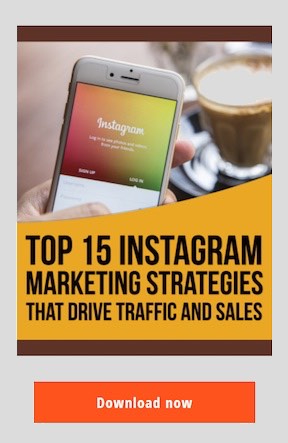In today’s fast-changing digital world, businesses must stay ahead of the curve to remain competitive. One of the biggest shifts we’re seeing is the rise of digital collectibles and online assets. Companies are no longer limited to physical products — they’re embracing unique, one-of-a-kind digital items that attract customers and create new revenue streams.
However, keeping up with these changes can be challenging. Trends move fast, and businesses that stay informed are the ones that win. This is where the latest industry updates become essential. By following NFT news and insights from trusted platforms, businesses can learn how to create new opportunities and avoid common pitfalls.
In this article, we’ll explore the most important takeaways that can help businesses grow, adapt, and stand out in a fast-paced market. So, let’s get started!
Embrace Digital Collectibles for New Revenue Streams
One of the most valuable lessons businesses can learn from recent trends is the power of digital collectibles. Companies are now creating unique, limited-edition digital products that appeal to collectors and fans. These digital assets can be tied to real-world products or exist entirely online.
For example, major fashion brands have launched exclusive virtual sneakers and clothing items. These limited-edition collectibles not only create excitement but also drive revenue. Customers are willing to pay a premium for exclusive or rare items. This strategy can be applied to various industries, from fashion and gaming to sports and entertainment.
By offering digital collectibles, businesses create an additional revenue stream. They also increase customer engagement and brand loyalty. Limited-edition items can create a sense of urgency, encouraging faster purchases. This lesson shows that embracing digital collectibles is not just a trend — it’s a sustainable business strategy.
Stay Agile and Adapt to Market Shifts
Digital trends change rapidly, and businesses must stay agile to keep up. The companies that succeed are those that can quickly respond to new opportunities and challenges. Industry trends reveal how fast-moving businesses can capitalize on new opportunities.
For example, some companies have already embraced metaverse events as a way to promote their products in virtual worlds. Others have adapted their marketing to focus on gamification, offering customers interactive experiences. Companies that stay flexible can quickly pivot their strategies as new trends emerge.
This adaptability is essential in an ever-changing digital landscape. To stay ahead, businesses should follow trusted platforms that provide industry updates and insights. Platforms that deliver timely NFT news, can help businesses stay on top of emerging trends and industry changes. By staying informed, businesses can make smarter decisions and stay ahead of competitors.
Leverage Smart Contracts for Long-Term Revenue
Smart contracts are another important takeaway from recent industry trends. These digital agreements are stored on a blockchain and automatically execute terms when conditions are met. One of the most valuable features of smart contracts is the ability to earn royalties on resales.
For instance, if a company sells a digital collectible, it can program the contract to collect a small percentage of every resale. This means that even after the item is sold to a second or third owner, the original company earns a share of the profit.
Businesses can leverage smart contracts to build long-term revenue models. Fashion brands, for example, can create limited-edition items with royalties built into the contract. Artists, musicians, and creators can also benefit from ongoing royalties for every future sale of their work. This continuous income stream is a game-changer for businesses that want sustainable revenue growth.
Use Digital Assets for Customer Rewards and Loyalty Programs
Loyalty programs are nothing new, but the latest industry trends show how digital rewards are changing the game. Businesses can now offer digital collectibles as loyalty rewards, giving customers unique perks that stand out from traditional loyalty points. Instead of earning basic points, customers receive exclusive digital items they can keep, trade, or sell.
This approach not only increases customer engagement but also builds stronger brand loyalty. For example, a coffee shop could offer limited-edition digital stickers or exclusive access passes to loyal customers. These digital items hold real value and can be resold or used for future discounts.
Companies that offer these rewards see higher engagement, repeat purchases, and word-of-mouth promotion. This strategy works well for industries like travel, retail, and hospitality. Businesses should explore how digital collectibles can modernize their loyalty programs, driving more frequent interactions with their customer base.
Key Challenges for Businesses to Watch Out For
While the lessons from these trends are valuable, businesses must also be aware of potential challenges. Some of the main challenges include:
Regulatory Uncertainty: Governments around the world are still creating rules for how digital collectibles should be managed and taxed.
Market Volatility: The value of digital collectibles can change quickly, so businesses must be cautious with pricing and marketing strategies.
Technical Complexity: Setting up smart contracts and managing digital assets requires technical skills, which may require businesses to partner with specialists.
Environmental Concerns: The impact of blockchain technology on energy consumption has raised environmental concerns, prompting businesses to look for eco-friendly alternatives.
By being aware of these challenges, businesses can plan accordingly and avoid costly mistakes.
Conclusion
The digital landscape is changing rapidly, and businesses that embrace these trends are better positioned for growth. By applying the lessons shared in this article, businesses can position themselves as industry leaders and create innovative strategies for the future.



Recent Comments